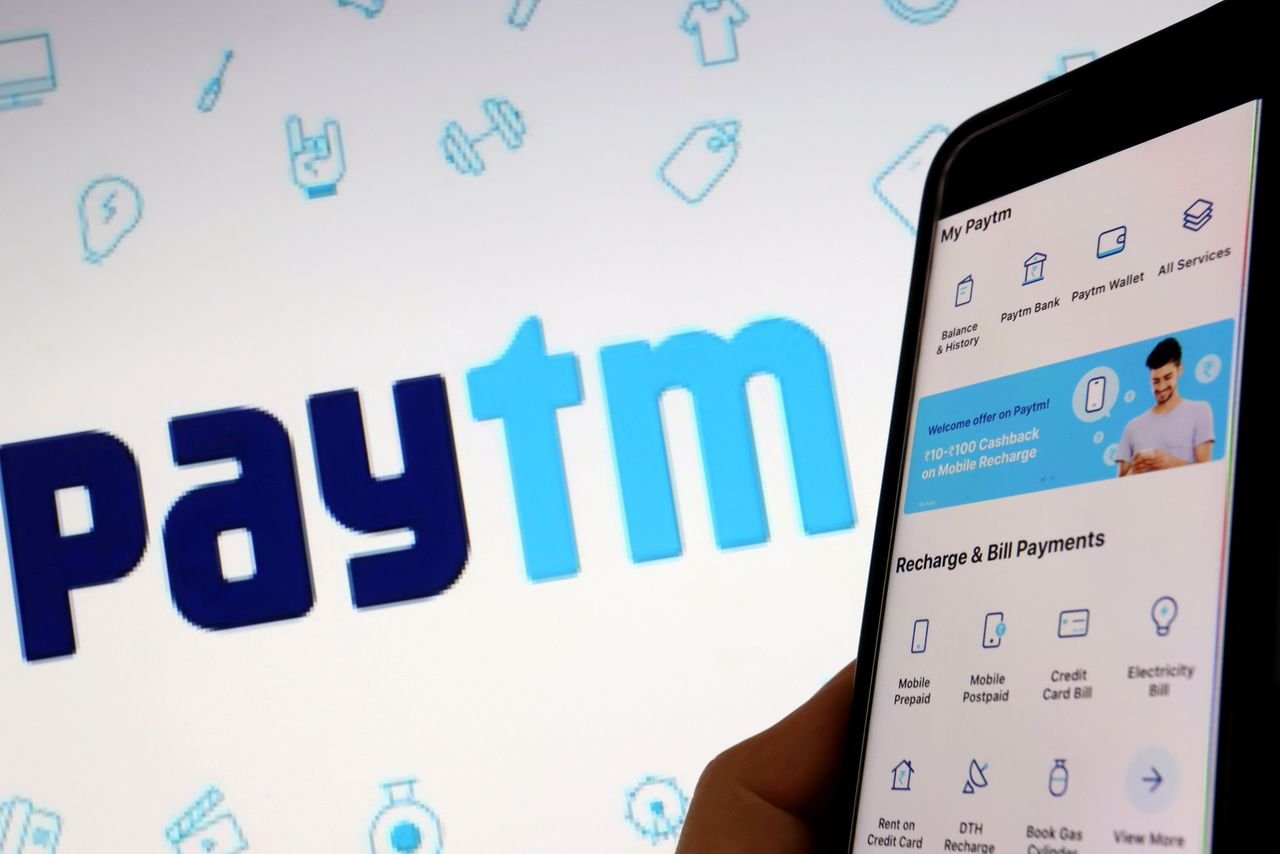The Newz Radar
New Delhi: Paytm, once hailed as one of India’s leading payment platforms finds itself in a major crisis following the Reserve Bank of India’s (RBI’s) directive to halt fresh deposits in its banking unit from March.
The announcement has triggered a significant decline in Paytm’s shares, prompting concerns about the firm’s future relationships with lending partners. Analysts warn that this could impede Paytm’s journey towards net profitability.
Founded in 2010 by Vijay Shekhar Sharma, Paytm initially focused on prepaid mobile and television bill payments. However, it rapidly evolved into a pivotal player in online instant payments through the Unified Payments Interface (UPI), with payments becoming its primary revenue source.
The ban on high-denomination notes in 2016 propelled Paytm to fame, as online transactions soared, marking a turning point for the company.
Despite early success, Paytm faced a challenging IPO launch in November 2021, raising questions about its profitability and lofty valuation. The stock currently trades about two-thirds below its listing price.
The disappointment led to key investors, including Alibaba and Softbank, divesting their stakes in Paytm amid broader concerns about Chinese ownership in Indian fintech firms. Vijay Shekhar Sharma, once dropped from Forbes’ billionaire list, emerged as the largest shareholder in August 2023 by acquiring a chunk of Ant Financial’s stake.
Paytm’s revenue streams predominantly hinge on its merchant payment business and loan operations. Approximately 60 per cent of its income is derived from merchant payments, with loans contributing around 20 per cent. The company charges merchants a platform fee for utilising Paytm’s payment gateway and offers additional subscription-based services.
Furthermore, Paytm engages in partnerships with banks and non-bank financial companies to provide loans, taking a cut of the interest. Paytm Payments Bank, a key entity in this endeavour, now faces uncertainties due to the recent regulatory directive.
Paytm Payments Bank sought to reassure its customers on January 2, following the RBI’s directive to halt new deposits and credit transactions starting from February 29, 2024. In response to the central bank’s orders, Paytm communicated with its customers through emails and text messages. The communication, framed as an “important update,” explicitly stated that customers’ money is secure with the bank.
While acknowledging the RBI’s directive that prevents customers from adding money to their wallets after February 29, Paytm assured uninterrupted withdrawal services. The communication emphasised, “There is no restriction on withdrawal of money from your existing balance even after Feb 29, 2024.” Additionally, Paytm encouraged customers to seek assistance through the 24×7 help section on the app.
The RBI’s decision to bar Paytm Payments Bank from accepting customer deposits from March 1 comes after an audit revealed persistent non-compliance and continued material supervisory concerns. This move follows a previous restriction imposed almost two years ago, preventing the payments bank from onboarding new customers, which remains in force.
However, Paytm clarified that this directive will not impact customers, as Paytm Payments Bank falls under the parent company, One 97 Communications. Moreover, the communication highlighted that UPI transactions would continue to function seamlessly on the app.
Despite the restriction on loading additional funds from March 1, 2024, the RBI allows customers to extinguish their balances with no restrictions on withdrawals or fund transfers from Paytm Payments Bank accounts.






